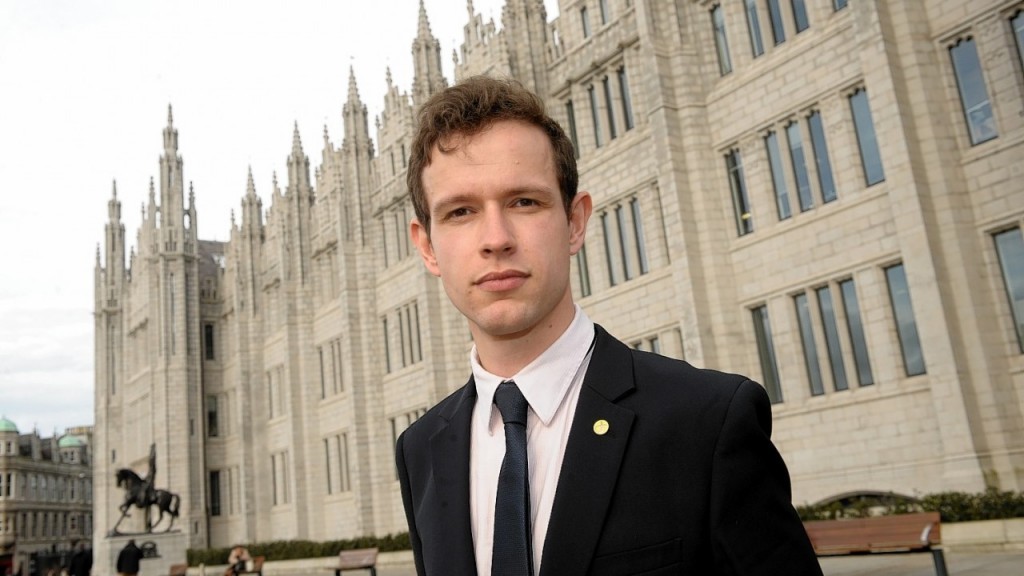
Yesterday the Scottish Government did something that has angered the opposition MSPs; they reminded Holyrood that the people of Scotland will have a direct say on one of the most contentious energy decisions in our country.
The announcement that individuals in Scotland will contribute to a large-scale research undertaking along with energy and environment experts is democracy in action, and yet it is something the Labour, Conservative, Liberal Democrat and even Green party parliamentarians met with grievances.
I know that unconventional oil and gas extraction is a highly emotive subject and there is no point in ignoring the fact that some people have very strong opinions both completely in favour of the practice and entirely against it. Moreover both sides of the debate are utterly convinced that the science justifies their stance. They can’t both be right so it is simply responsible government to take time to consider the arguments, test the science and consult the country. The decision the Scottish Government will make on the issue is not something we should expect them to rush through, and I am grateful that such a careful and considerate approach is being undertaken.
I routinely meet with oil industry representatives in both Aberdeen and London and in the dozens of meetings that I have had with senior executives and trade union representatives the issue of fracking has only been raised with me twice and one of those was to ask the SNP position on fracking in England. Far more frequently the issues raised with me are about the future of the North Sea, the need for exploration incentives and the UK Government scrapping the CCS competition.
We have heard claims that thousands of jobs will be created if hydraulic fracturing is approved, but yesterday’s evidence suggests that the number would be 1,400 at the peak of the industry. The Tories seem especially keen to create fewer than a couple of thousand roles, yet when I ask them in Westminster what steps are being taken to protect the hundreds of thousands existing jobs in the offshore oil and gas sector they rest on a few measures brought in by their previous chancellor and make no new plans.
Despite these figures, there was also evidence published which supports the positive arguments for unconventional oil and gas practices, including the news that £2.2billion could be spent in Scotland if it goes ahead. Securing future investments in our businesses and industries is a priority for all political parties and strong financial arguments must factor into the ultimate decision due on this issue next year.
Beyond economic questions there are societal and environmental considerations that must form part of the decision making process. What will be the impact upon communities and how does this sit with our climate change commitments? There is also the question of energy security. While the UK is a net importer of gas, recent developments like the Laggan and Tormore fields have the potential to meet Scotland’s needs for years to come.
The SNP in Government have proven themselves to be a measured and intelligent administration that prioritises Scotland’s interests above all others. It is in this country that our national leader does her research, listens to experts and assesses evidence, and asks the people for their views before making a monumental decision
I would encourage everyone who has an interest in the future energy needs of Scotland to contribute to the consultation when it opens in January and take part in the type of progressive and inclusive politics that we need more of.
Recommended for you
